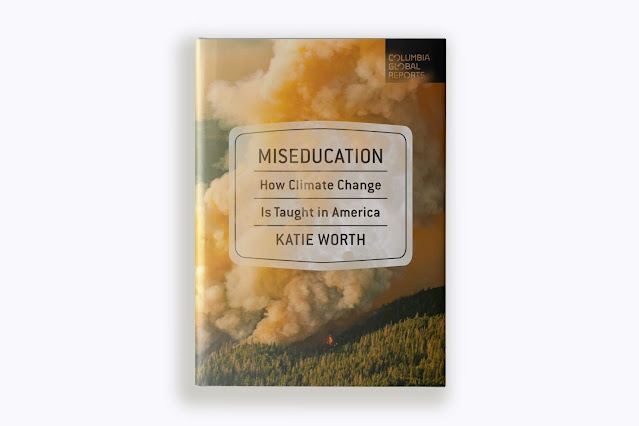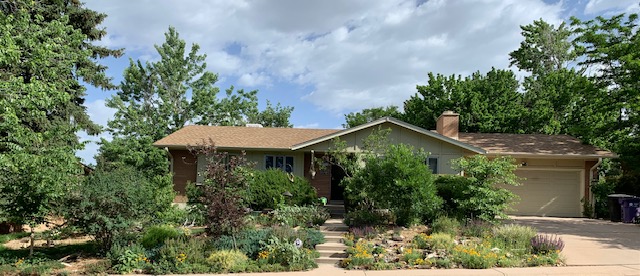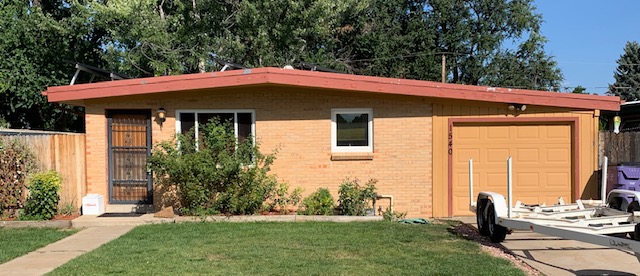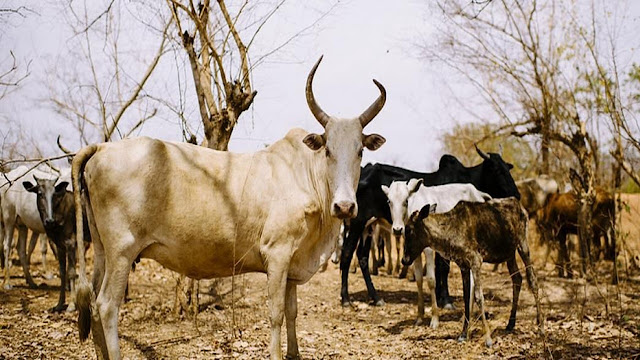The Earth Needs Your Vote!
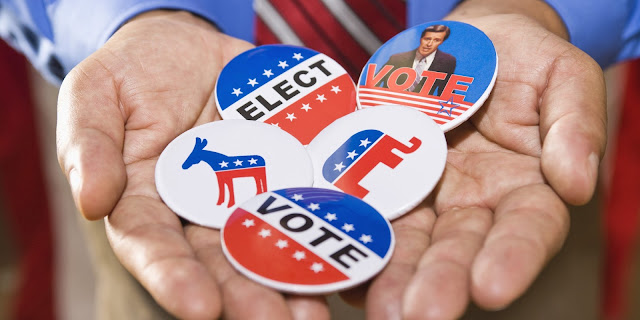
Up until now, I’ve avoiding injecting politics into my posts about the Climate Crisis. However, getting involved in politics could be the most important thing an individual can do about the climate crisis. Now, I’ll be the first to admit that politics has increasingly become an unpleasant activity involving a number of unpleasant and divisive people. I don’t blame you for wanting to steer clear of the mess and limit yourself to passively watching the nasty business unfold on the nightly news. Source: huffingtonpost.com But here’s the catch: we have a big election coming up in a year and the Climate Crisis is going to be a central issue in the campaign. Purveyors of disinformation in the press, the political arena, and social media will attempt to discredit candidates who accept the consensus of mainstream scientists regarding the human causes of the crisis and who want to take strong but reasonable actions to address it. These misguided in
